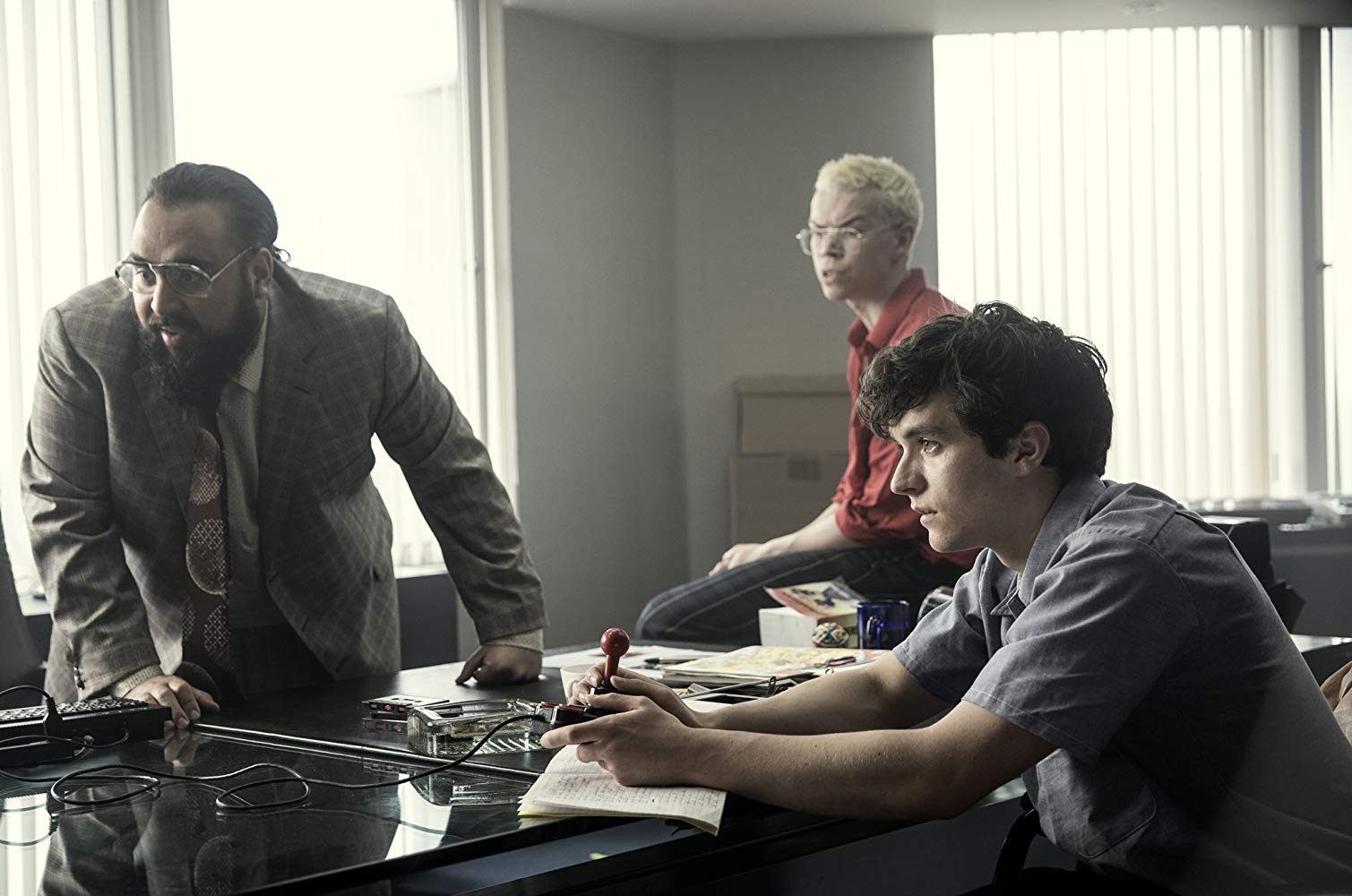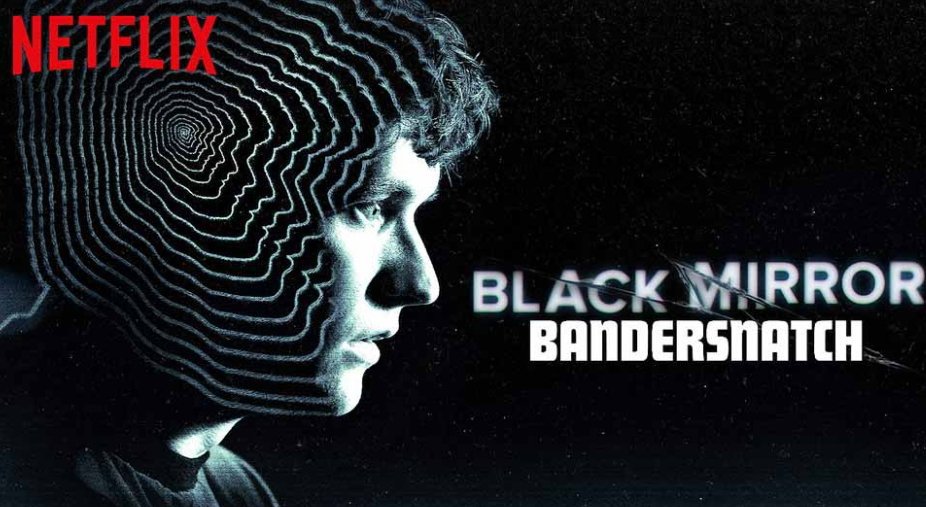Beneath a spellbinding guise of retro authenticity, existential values and macabre consequences, Bandersnatch flirts with a methodology that could fundamentally change the nature of cinema as we know it.
Despite now being internationally adored, it feels like yesterday that Charlie Brooker’s Black Mirror first emerged and made its Channel 4 debut. Seven years on, the show has garnered adoration far and wide, being picked up by streaming service Netflix and accumulating a total of 19 hour-long episodes.
Amidst this rise to notoriety, the insightful, futuristic and often downright jarring themes have undoubtedly been the focal point of the show’s success. Black Mirror has served to provide an arrestingly dark foreshadowing of how humanity could suffer at the hands of technology, politics and war – and apparently people love it.
Bandersnatch, Netflix’s latest chapter in the Black Mirror series, very much adheres to this motif – but with a twist. This time, it comes in the hubristic form of a feature-length, interactive movie; and whilst perilously ambitious, the result is both gripping and devilishly clever.
Plot
The base narrative follows what first resembles a relatively ordinary story: young programmer Stefan Butler’s pursuit of a career in the video game industry. However, ‘ordinary’ doesn’t come close to cutting it – multiple pathways adorn each pivotal moment in the story, and chaos soon ensues.
Whilst the format certainly adds another dimension, it also neatly lends itself to the nature of the story: Stefan – a troubled, insular young man estranged from his father and still grieving the death of his mother – is commissioned by a major company to realise his idea for a video game and bring a finished product to the table. Namely, an interactive adaptation of Bandersnatch, a ‘choose your own adventure’ book he has developed a curious affinity for, whose author wound up committing a heinous, violent crime.
Though it may sound gimmicky, the interactive element truly does allow for a captivating experience throughout. Viewer decisions go from extreme to extreme, ranging from things like what Stefan has for breakfast, to some with rather more life-altering implications. With 15 hours of footage in total and a wide range of decisions to be made by the viewer, the boxes for entertainment and engagement surely both get a resounding tick.
However, this would not be a Black Mirror episode without an underlying message. In many ways the multiple pathways motif achieves a strategic shortcut. There are scores of hidden scenes and scenarios to be unlocked, but in reality, a very limited number of meaningful conclusions can be reached. Thus, a rather philosophical, fate-versus-free will paradox is planted within the narrative.
Moreover, the viewer is ultimately reeled in with the illusion of control, much like the hypothetical player of Stefan’s game. This is a key component of what is a truly poignant and multi-dimensional plotline, echoing both the psychological peril of Donnie Darko, and the elaborate, conspiracy-esq nature of The Truman Show.
Production
Without wanting to break the fourth wall too much, Bandersnatch is equally commendable for its art and composite parts as it is for its storytelling. In many ways, it’s the clear passion and inspiration, the design and meticulous attention to detail and the performances that make it a special piece of screenwriting.
Fledgling actor Fionn Whitehead deserves rigorous acclaim for his absorbing depiction of protagonist Butler, employing versatility and delicacy to portray what at first appears to be a bereaved, introverted young man, who gradually metamorphoses into a volatile misfit and eventually descends into chaos. Similarly, familiar face Will Poulter appears to be at his very best throughout, doing justice to an intensely complex character, capturing Colin’s imposing, devil-may-care nonchalance immaculately.

Even the setting, time period, locations and set designs are charmingly authentic, minimalist and broadly relatable. The characters are placed in a less than spectacular 1980s South-London, littered with bleak, high-rise buildings, lustreless colour schemes and retro homages aplenty. And of course, the whole thing is sprinkled with Easter eggs and subtle nods to previous episodes – a Black Mirror trademark.
These touches are acute but effective, and combine to allow the viewer a false sense of ease and comfort. You even get to decide what Stefan listens to on his Walkman during a bus commute: Thompson Twins, or the NOW 2 compilation. Again, the attention to detail is everything, and the mundane moments do their job as much as the pivotal ones.
The take-home
Bandersnatch is a compelling, spine-tingling, brain-tangling affair – but more importantly, Brooker has achieved two clear things. Firstly, this is a bona fide piece of art: the writing is dazzlingly complex, and the story is told with patience and tasteful subtlety.
Perhaps more significantly though, Bandersnatch acts as a microcosm for the way in which we absorb this kind of content in 2019, and constitutes modern cinema’s first successful, interactive experience. Of course, it’s brilliant in its own right, but perhaps it could also represent a trend for years to come – the combination of artistic innovation and Netflix’s mass-scale streaming platform colliding to bring more content of this nature to screens everywhere.
Bandersnatch is now available for streaming on Netflix.





